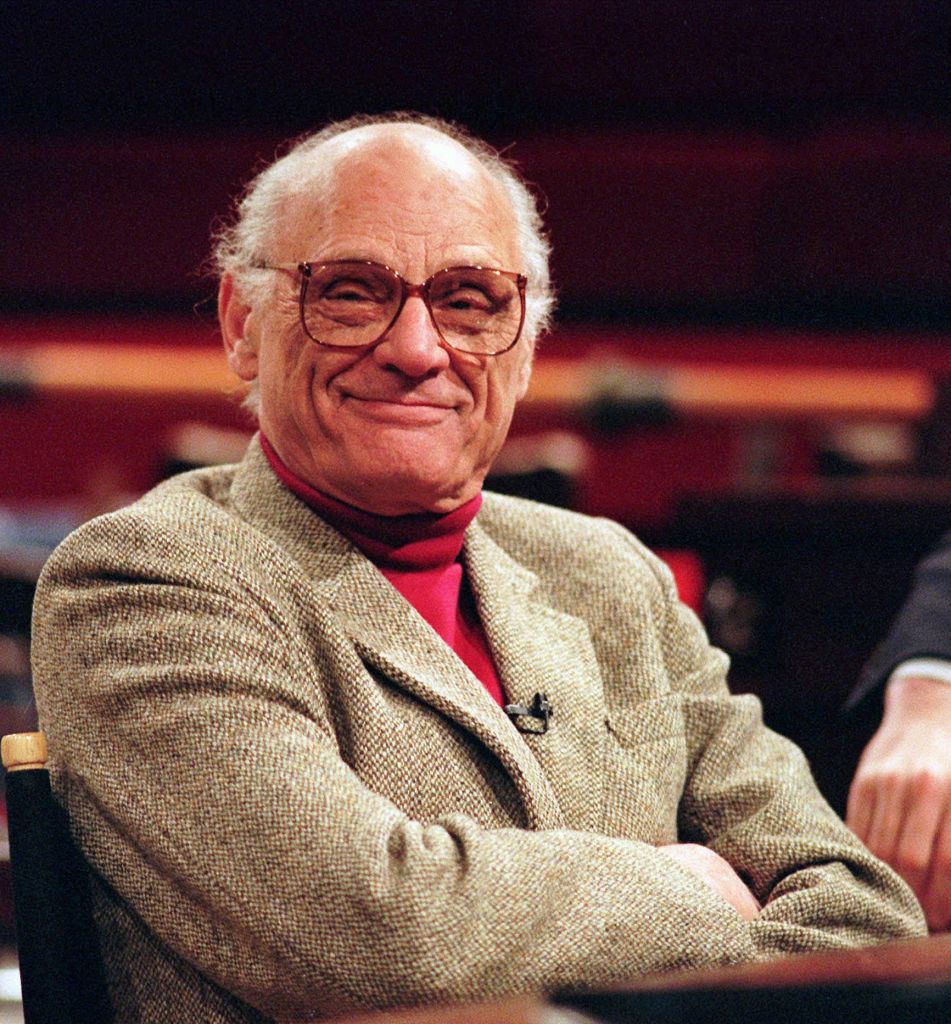Miller’s first play to première a decade after death
LONDON: It is hard to believe that a decade after his death, and a hundred years after his birth, the first play Arthur Miller wrote could be having its world premiere, but that is what will happen in London next week.
No Villain, which American playwright Miller wrote at 20 as a literature major at the University of Michigan, and which won a $250 prize that helped fund his studies, will be performed at the 60-seat Old Red Lion Theatre from December 8.
Sean Turner, a 29-year-old director, unearthed the play in an Miller archive, “courted” the foundation that owns the rights to allow him to put it on, and says that while it may not be the equal of Death of a Salesman or The Crucible it is a worthy part of the Miller canon.
“I can see why there is a temptation to say it was probably ‘lost’ for a reason, so let’s leave it there,” he told Reuters at the theatre in a pub in Islington.
“But I don’t think it was ever lost for a reason, I think he just didn’t have the means with which to produce it. There doesn’t seem to be any evidence to suggest that he thought it was substandard in any way,” Turner said.
Turner went on a treasure hunt for the play after seeing a reference to it in a biography of Miller, who was one of Marilyn Monroe’s three husbands.
He said the Arthur Miller Foundation, which had heard of the play but not seen it, gave him permission to ask the University of Michigan to search its archives.
“Six weeks later they came back with a microfilm copy of it — a scanned version of his original transcript is there, complete with handwritten penciled notes,” Turner said.
The play, like many of Miller’s works, draws on the dynamics and interactions of Miller’s own family. His father, who had immigrated from a village that is now part of Poland, owned a clothing manufacturing business in New York City but the family lost almost everything in the 1929 Wall Street Crash.
The plot centres on a student, recognisably based on Miller, returns home from university, filled with Marxist ideas, to challenge his father, who is struggling to keep the family business afloat in hard economic times.
The play shows Miller’s sharp ear for dialogue, spiced from time to time with what Turner called “those brave, rich lines that other people would shy away from”.






